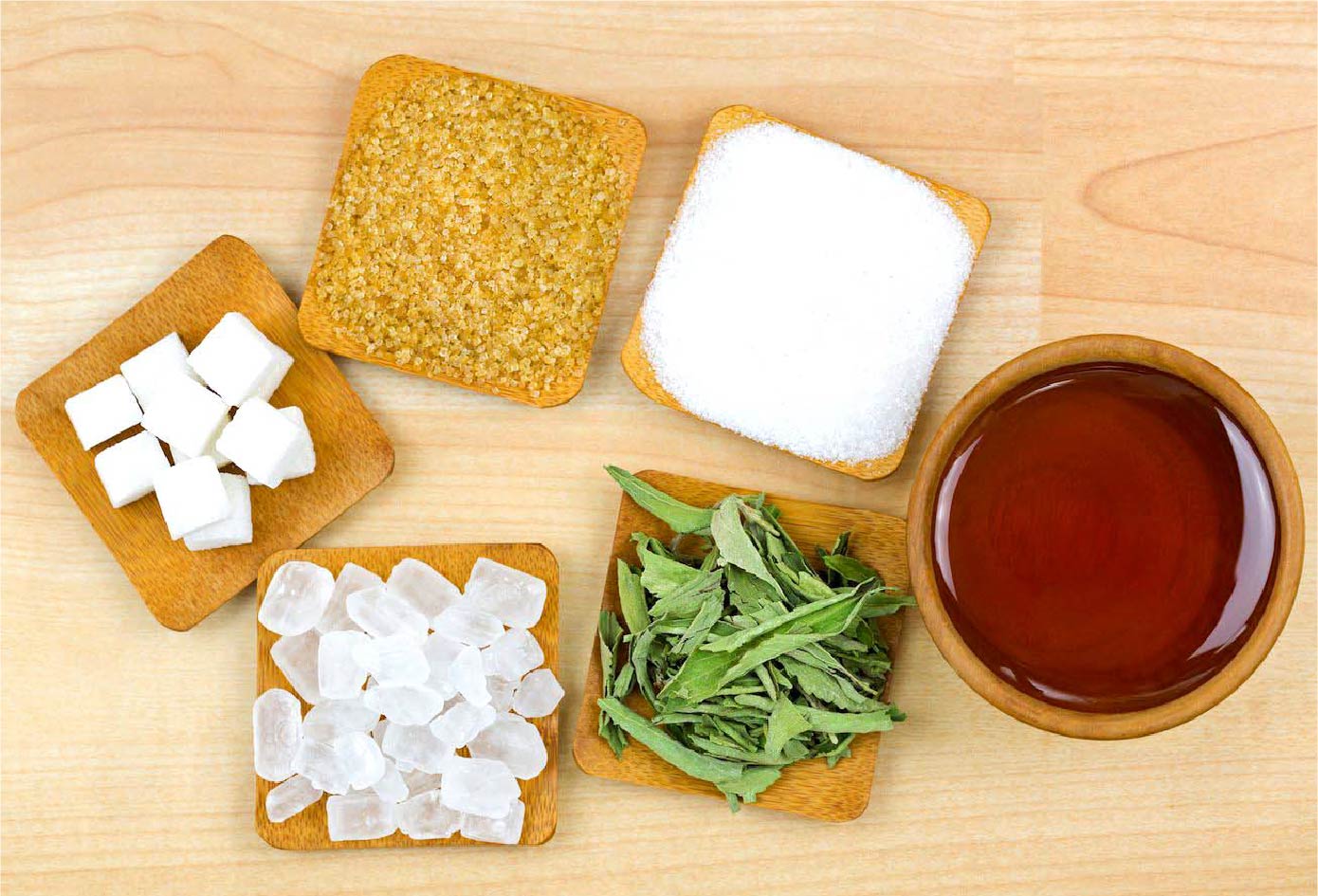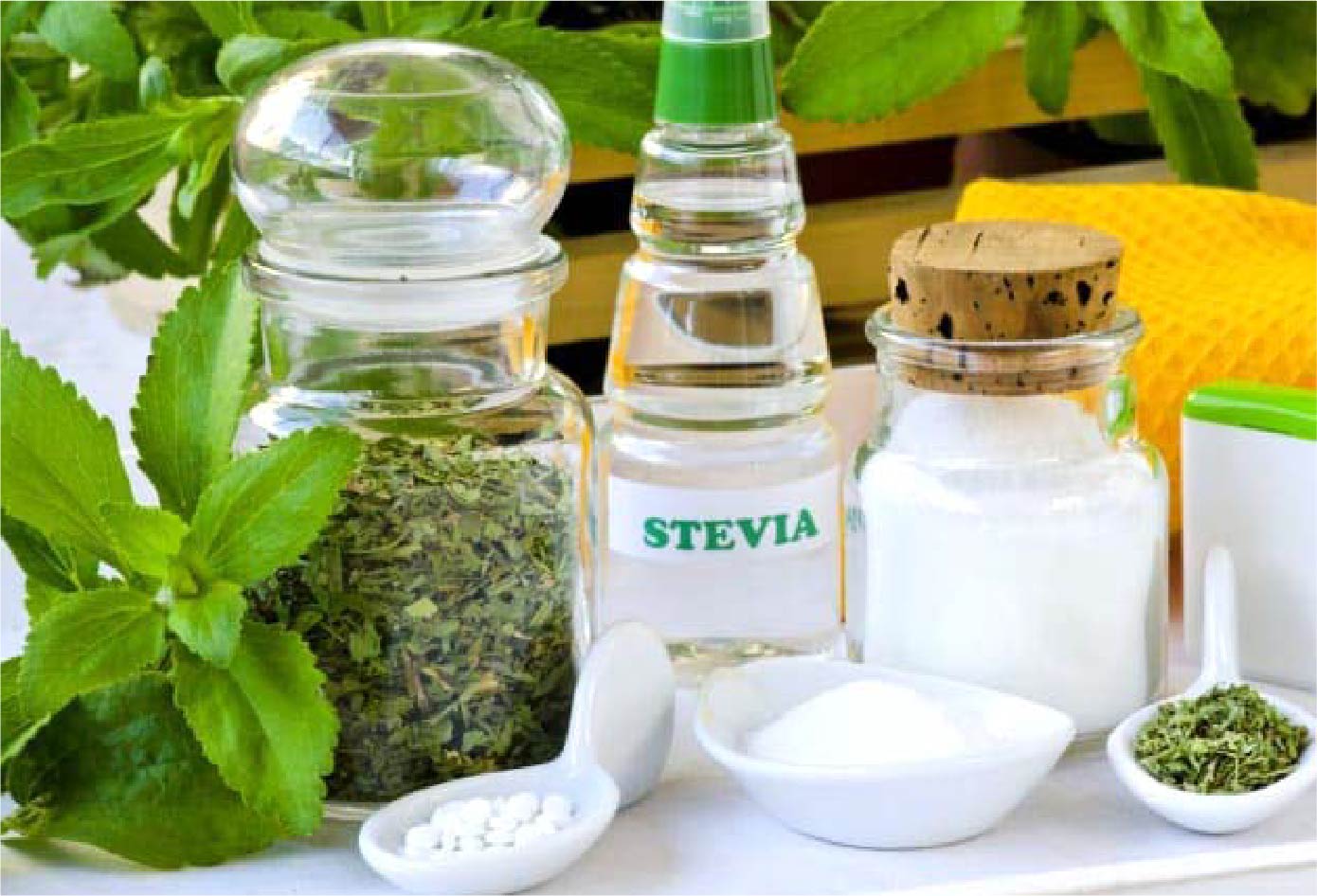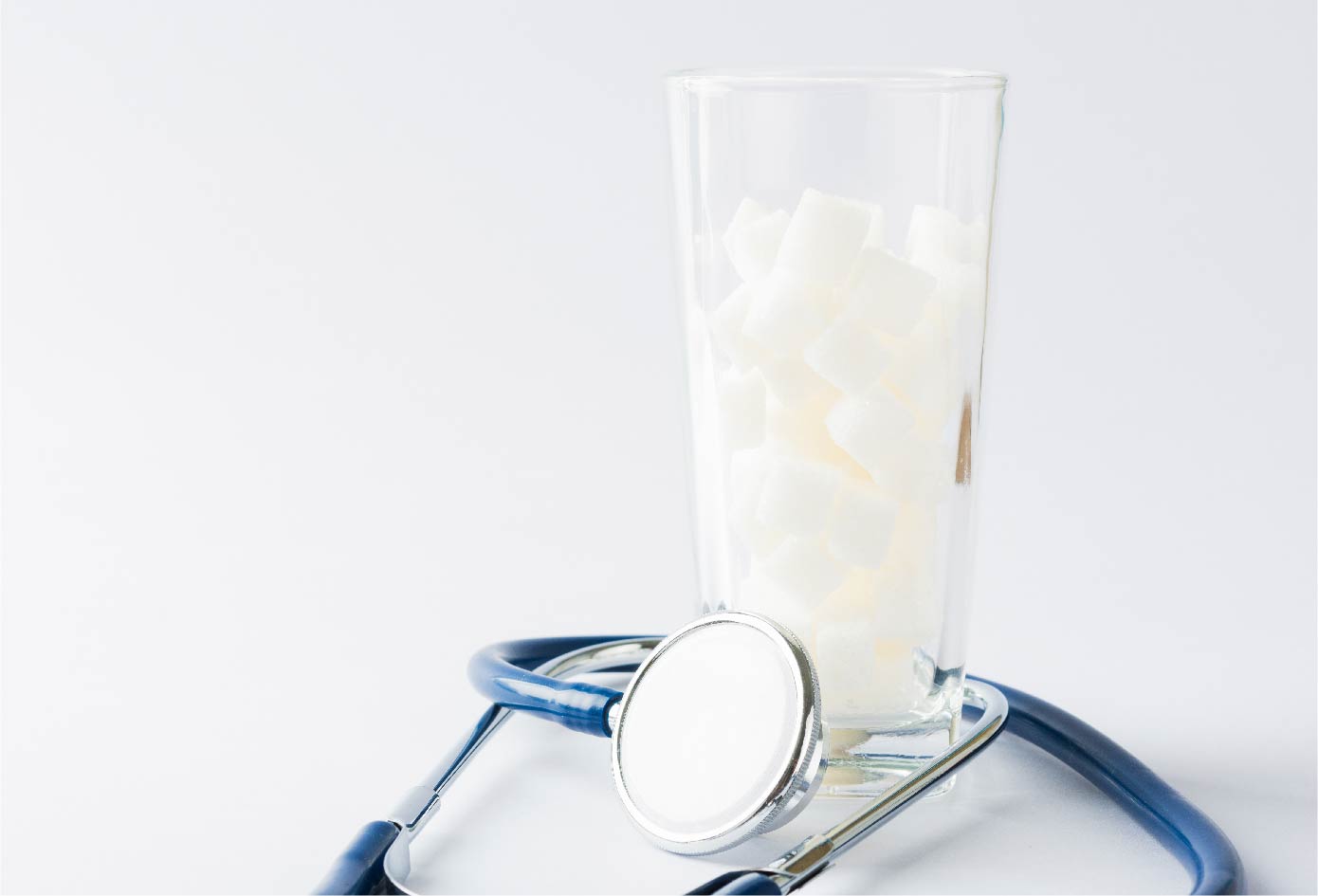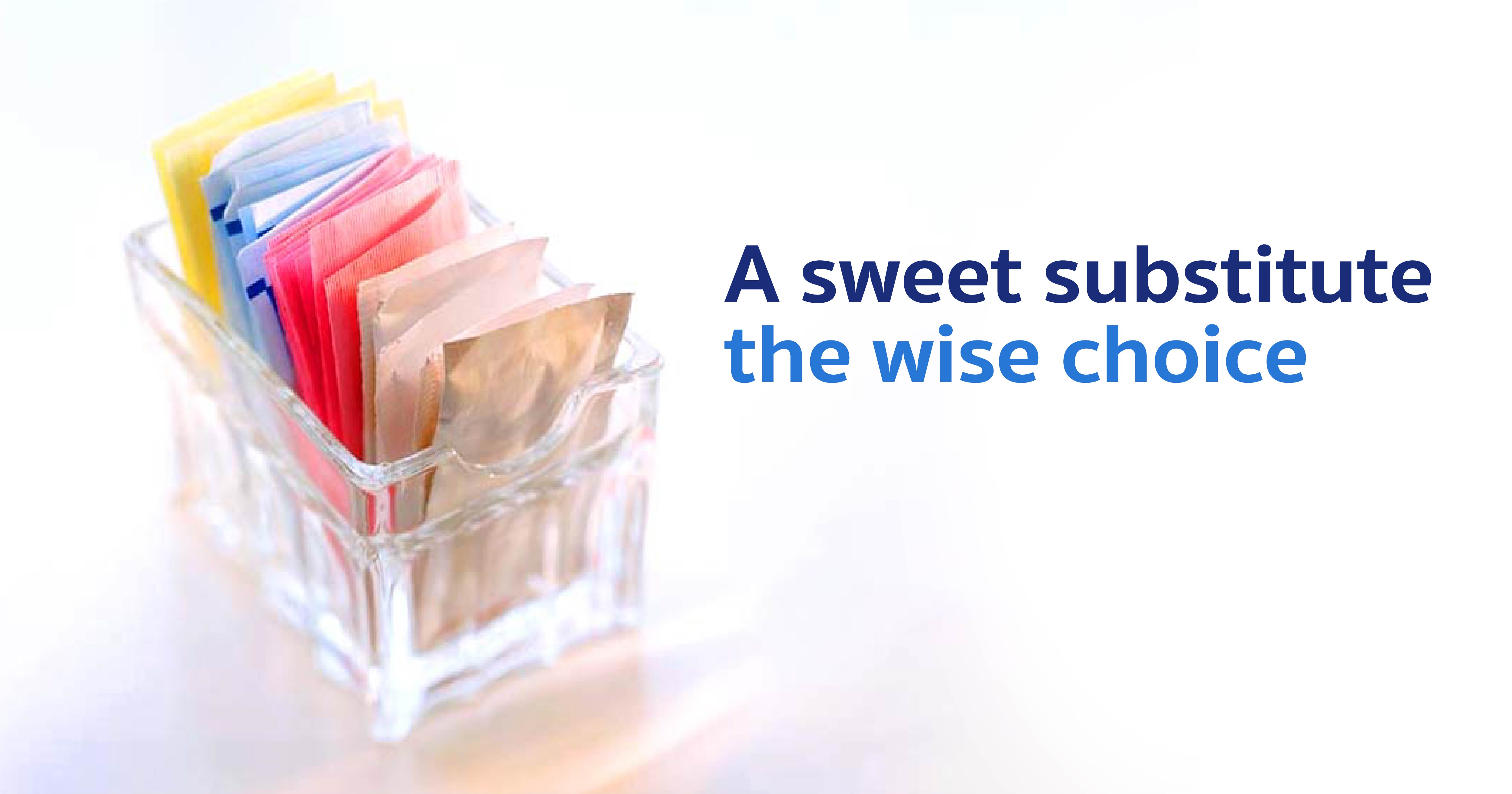For patients with diabetes and those who want to control their weight, the amount of sugar they consume must be strictly controlled. However, this is easier said than done.
Even though we know that being addicted to sweets is not good, some people just cannot avoid it. Therefore, if you want to eat sweets, you need to find "sugar substitutes" in your diet; however, choosing the right source of sweetener can be a challenge. There are 3 main types of sweeteners or sugar substitutes that can be used, and they are as follows:
 |
 |
Stevia is a sugar substitute made from the leaves of the stevia plant. It’s about 100–300 times sweeter than table sugar, but it has no carbohydrates, calories, or artificial ingredients. It’s made from a leaf related to popular garden flowers like asters and chrysanthemums. The advantage of stevia is that, besides being able to be used in drinks, it can also be used to cook food as it can withstand heat up to 200 degrees Celsius.
Aspartame is an odorless white powder that is approximately 200 times sweeter than sugar. This means that a very small amount is needed to give foods and beverages a sweet flavor. The advantage is that it tastes like sugar. After taking it, it doesn't stimulate the blood sugar to rise, but there is a disadvantage as Aspartame cannot be used in very high heat and therefore may not be viable for cooking.
 |
 |
Sucralose is a non-energy sweetener. Sucralose is made from sugar in a multistep chemical process in which three hydroxyl groups are replaced with chlorine atoms. It is about 600 times sweeter than sugar and is a substance that has been approved by the US Food and Drug Administration (FDA) to be used as a general sweetener. This is because it is safe, does not accumulate in the body, and tastes just like sugar. At high temperatures, sucralose may break down and generate harmful substances that could contribute to secondary health-related issues, such as triggering migraines in some people.
 |
 |
Knowing what you consume is extremely important, and knowing the types of sweeteners to use on a daily basis can be highly beneficial for health. Lastly, even if it is a sugar substitute or artificial sugar, don't be tempted to eat too much because everything has both pros and cons. Remember, "you are what you eat".




Sign In
Create New Account